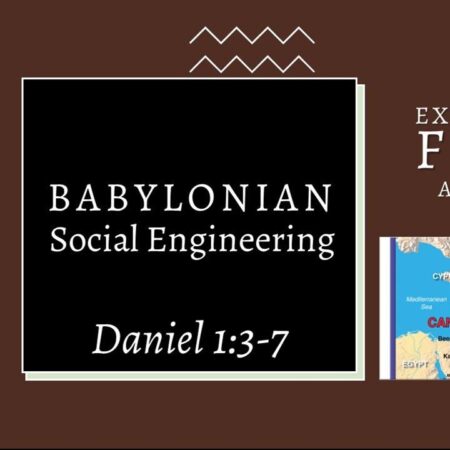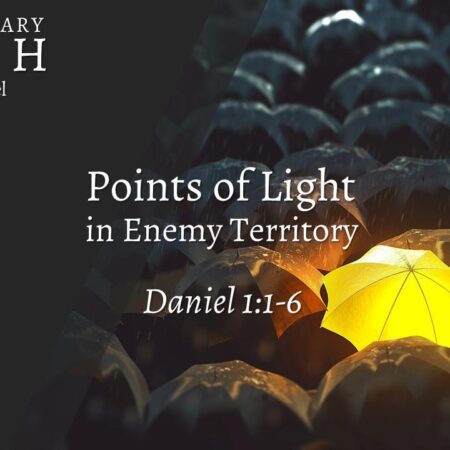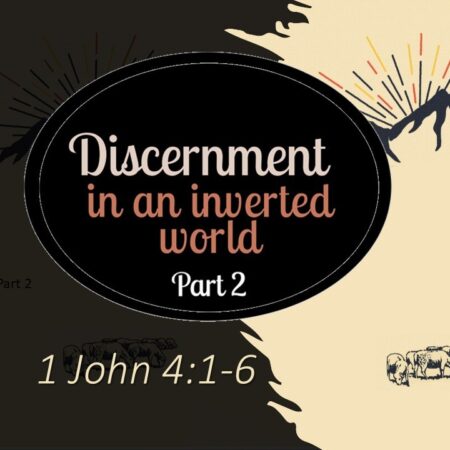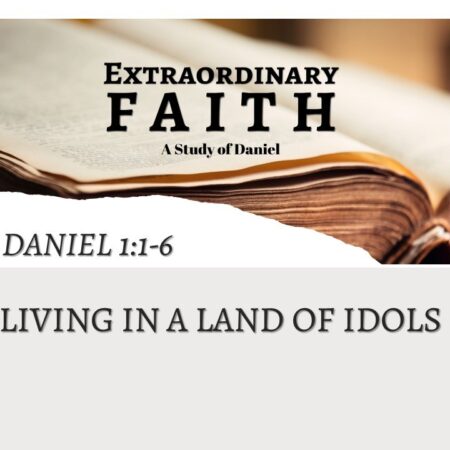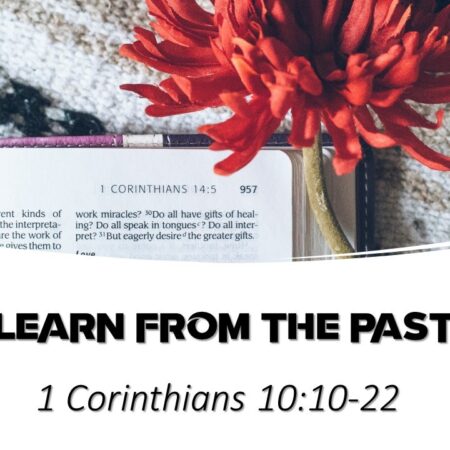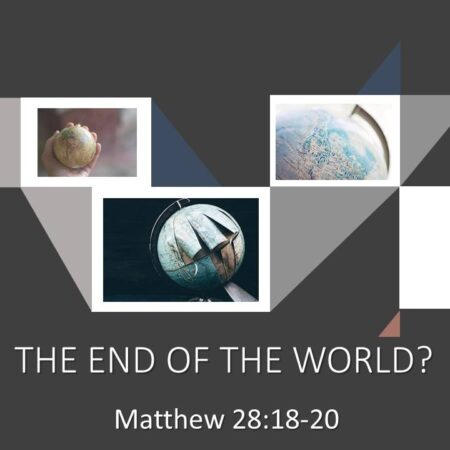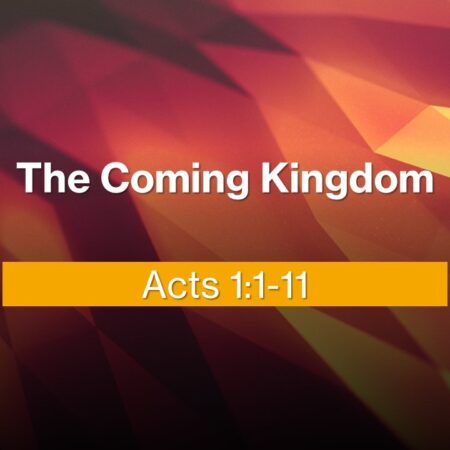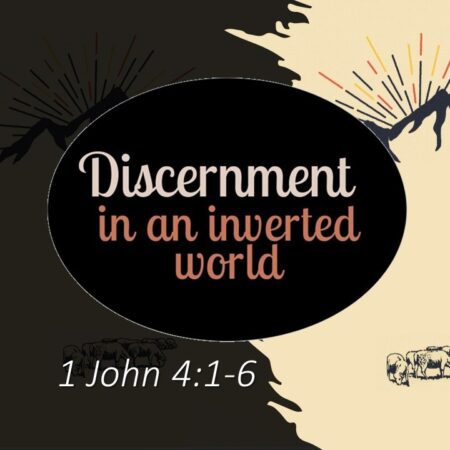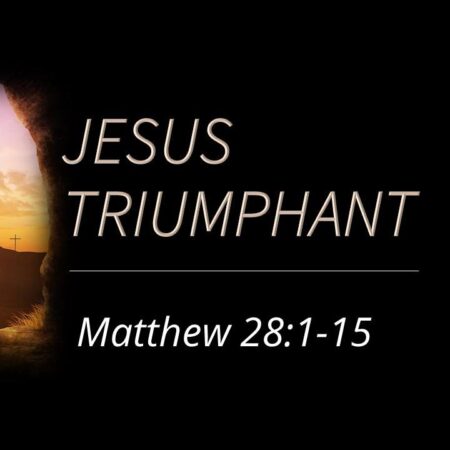Daniel 1:3-7 Genesis 12:1-3 Hebrews 11:8-16 Orwell called that technique NEWSPEAK. In his novel he describes three slogans of the Party: • War is Peace • Freedom is Slavery •…
Daniel 1:1-6 Jeremiah 3:6-10 2 Chronicles 16:9 Daniel 1:2 Ezra 1:1-2 Ezra 1:7-11 In 2005, Dr. David Jeremiah published A New York Times, Wall Street Journal and USA Today Best…
1 John 4:1-6 Matthew 24:11 2 Timothy 3:14-16 1 Peter 1:10 Timothy 3:10-17 Ephesians 4:1-16 1 Timothy 4:1 Seven Statements: From Chuck Swindoll’s Living Insights New Testament Commentary (page 108)…
Daniel 1:1-6 Genesis 11:1-9 Deuteronomy 32:8-9 Jeremiah 7:1-20 1 Peter 2:11-12 OBSTACLES DO NOT BLOCK THE PATH – THEY ARE THE PATH (old proverb) Dr. Michael Heiser in Unseen Realm…
Extraordinary Faith – A Study of Daniel Daniel 1:1-6 Luke 21:9 Matthew 16:21 Matthew 24:6 Matthew 26:64 Jeremiah 22:3-9 You may be surprised to find out that in this book…
1 Corinthians 10:10-22 1 Corinthians 10:1-6 1 Corinthians 10:7-12 John 8:31-32 1 Corinthians 10:20-22 Psalm 139:23-24 Dave Hunt in his book titled “Beyond Seduction” published 1987, writes: “Some people openly…
Matthew 28:18-20 Genesis 11:4 Isaiah 6:1-10 Matthew 13:10-16 Romans 8:18-28 Hebrews 12:25-29 The world will NOT come to an end, EVER That’s why we hear the daily propaganda that we…
Acts 1:1-11 Luke 1:4 Acts 1:6-8 Daniel 2:31-45 2 Peter 1:16-21 Matthew 28:18-20 Ephesians 4:7-12 Hebrews 7:25 Daniel 7:8-14 Joel Richardson in his book “WHEN A JEW RULES THE WORLD”…
1 John 4:1-6 Quick facts on 1 John: (Swindoll’s Living Insights New Testament Commentary vol.14 Page 10). It was written around AD 90. It was written either in Ephesus or…

